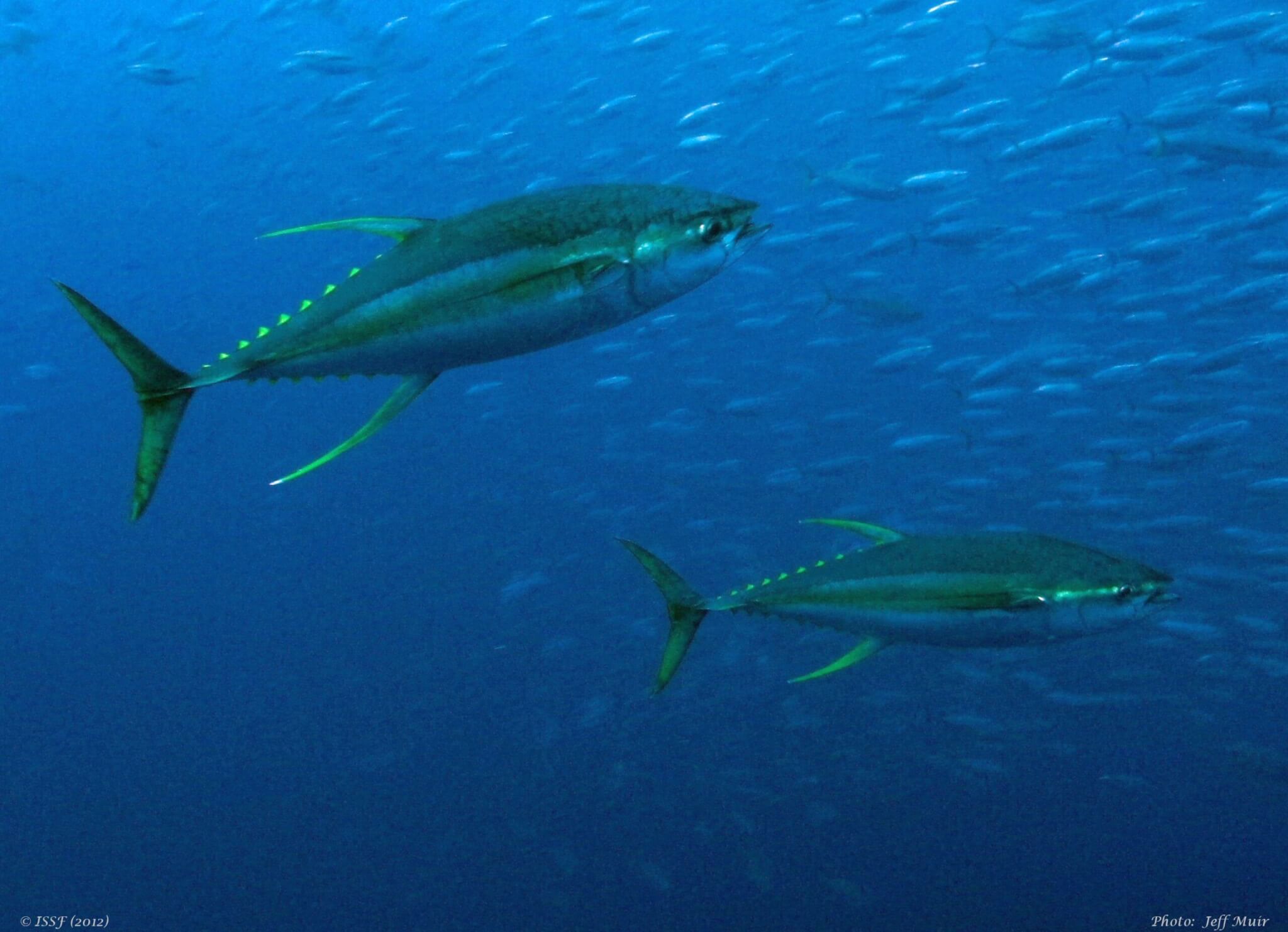3.6 Transactions with Vessels Implementing Best Practices for Sharks, Sea Turtles and Seabirds
Initially Adopted
- April 25, 2017
Effective
- July 1, 2018
- Large-scale longline vessels - April 1, 2026
- re: Paragraph 1(d) - August 1, 2026
- All longline vessels
Gear Type(s)
Conformance
Some RFMOs have adopted requirements for the use of certain gear modifications, such as the use of whole finfish bait, circle hooks and monofilament lines, and/or handling techniques, and/or prohibited the use of “shark lines,” in some longline tuna fisheries, while others have not. ISSF is committed to supporting a transition to the use of such techniques and the implementation by the crew of safe-handling and release techniques best practices for sharks, seabirds and marine turtles, such as those outlined in the ISSF Skippers’ Guidebook to Sustainable Longline Fishing Practices, by longline vessels globally.
To further support the implementation of existing RFMO conservation measures for bycatch mitigation in longline tuna fisheries, and to promote the appropriate use of such techniques by longline fleets globally:
- Processors, traders, importers, marketers and others involved in the seafood industry shall conduct transactions only with those longline vessels whose owners have a public policy requiring the implementation of the following best practices for sharks, seabirds and marine turtles:
- The use of circle hooks and only monofilament lines (e.g., the use of wire trace is prohibited)
- The use of whole finfish bait
- No use of “shark lines” at any time, and
- When fishing in southern temperate latitudes, use: (1) at least two of the following seabird mitigation measures — weighted branch lines, night-setting or tori lines; or (2) use hook-shielding devices.
RELATED CONSERVATION MEASURES
RELATED CONTENT
-
Conservation Measures
-
Data Reporting Information
-
Participating Company Audit Protocol
-
PVR Audit Protocol
-
Compliance Reports






